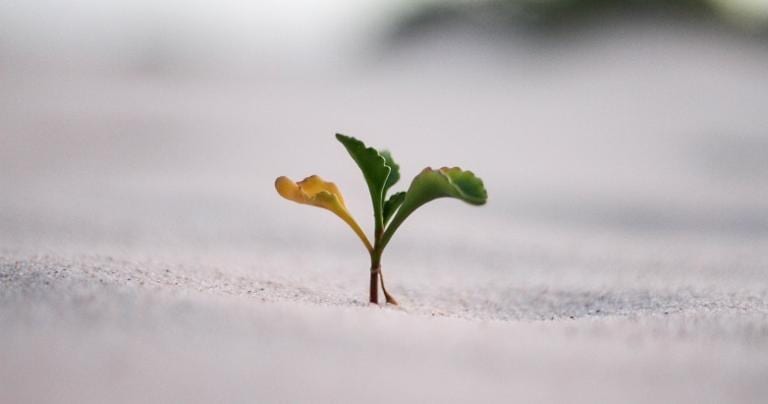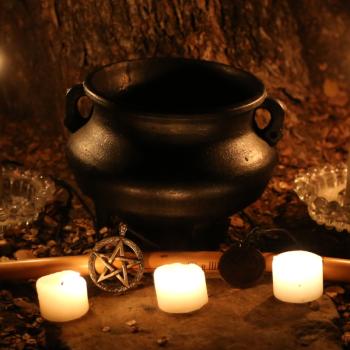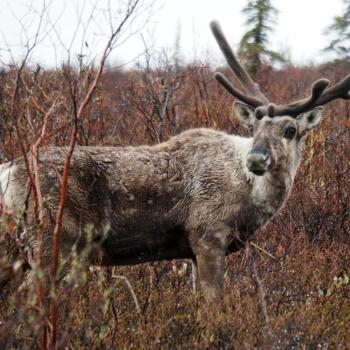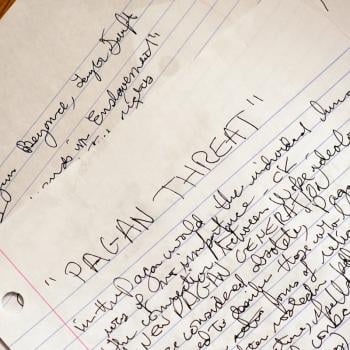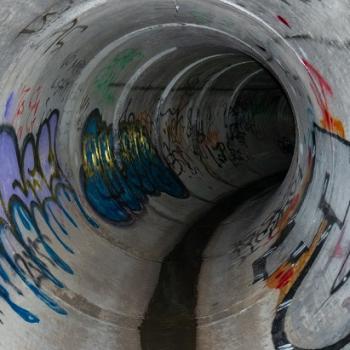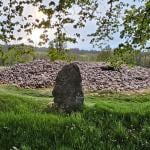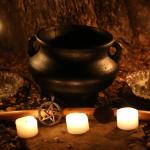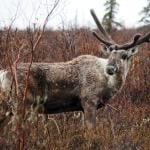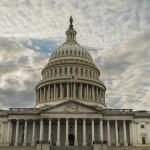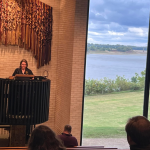Hello, beautiful creatures.
On Friday 14 February 2020, I gave a presentation at the 26th and final PantheaCon convention, entitled “A Queerness of Divinity: Exploring the Fluidity of Gender and Sexuality in Polytheisms of the Past, Present, and Future.” The first part of my presentation was, I feel, accurately titled “A Crash Course in Gender and Sexuality Studies,” and was largely geared towards explaining the terms and concepts to which I referred throughout the rest of the presentation. The next two parts, “Setting the Wayback Machine” and “Living in the Now,” explored the queerness of gods in both our past and present. Much of the material in these two sections was, of course, drawn from my book Outside the Charmed Circle: Exploring Gender & Sexuality in Magical Practice. The conclusion, “The Future’s So Bright…,” outlined why I feel engaging with these issues is so important to the present and future of Paganism, polytheism, and magical practice.
I’ve given this presentation before, and will do so again at Paganicon in March, but this occasion was special. How could it not be? This was, after all, the Last PantheaCon: a send-off, a farewell, and a wake for a convention unable to escape the shadow of its own past, including the walkout of a substantial number of Pagans of color, a boycott by several Pagan groups and organizations, and its own tempestuous relationship with transphobic “feminist elders.” (Full disclosure: I was one of many people who wrote to the convention in November 2018 asking that one of the presenters, a scholar and writer with deeply problematic ties to trans-exclusionary “radical feminism,” be removed from the program.)
I grappled with the question of whether or not to attend or present at PantheaCon this year. On the one hand, I agree with and support the walkout and boycott of the event by POC, queer people, trans people, and allies. On the other hand, as an author with a brand-new book, declining to attend one of the largest Pagan events of the year would be a disservice to my book, my publisher, and everyone who worked on or believed in my book. On yet a third hand, how could I possibly go to an event which has consistently shown such disregard for the queer community that book is meant to serve, for Pagans of color, and so very many others? It would have been disingenuous to simply go and give a nice little presentation in light of the convention’s history, both recent and less so. Squaring that circle felt impossible.
So, I decided not to square it, and to instead call it out. Below are the closing remarks of my presentation at PantheaCon. I don’t claim they’re perfect, nor that they represent anyone but me: a queer, non-binary transgender witch, writer, and human being doing my best to make the world just the tiniest bit better for all of us.
* * *
As we prepare to part ways and go through the rest of our weekend, attending presentations and rituals and workshops, shopping in the vendor spaces and visiting hospitality suites, I want to ask you all one last favor: I want you to look around you at the spaces you occupy and look for the people who aren’t there.
Specifically, I want you to look for the queer and trans Pagans who aren’t here.
Look for the empty rooms where their hospitality suites would’ve been, the empty seats where they would’ve sat. Look for the empty spaces with the rituals they aren’t leading, the presentations they aren’t giving, the workshops they aren’t teaching, the songs they aren’t singing. Think about the spaces they could occupy, but don’t… because this community doesn’t welcome them.
Queer and trans people have been Pagans, polytheists, and magical practitioners for as long as there’ve been Pagans, polytheists, and magical practitioners. We’ve always been here… and we’ll always be here, whether or not any given community welcomes us or includes us. We have our own magic—the magic we learned to keep ourselves alive in a world that would just as soon we were dead—and all that happens when a community pushes us out, or chooses not to include us, is that the community reduces itself, makes itself less.
And while you’re looking, don’t just look for the spaces where queer and trans people aren’t. Look for the Pagans of color who aren’t here, because the community made it clear they weren’t welcome here. Look for the disabled polytheists for whom our communities are inaccessible. Look for the autistic magicians and witches who are made to feel like strangers in our communities. Look at the ways in which your communities of devotion and practice exclude people like us.
And if what you see makes you uneasy, then I ask you, as a queer, non-binary trans person, as someone who’s been a member of this community for more than two decades, to change it. Look for ways to include us in the community. Ask us how you can do better, listen to the answers we give, and then do something.
Thank you.
* * *
Until next time, dear ones, be the change. ♥
